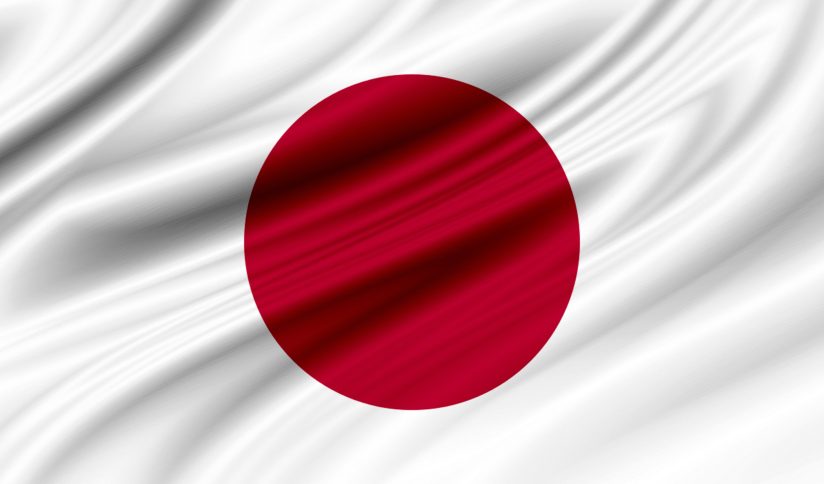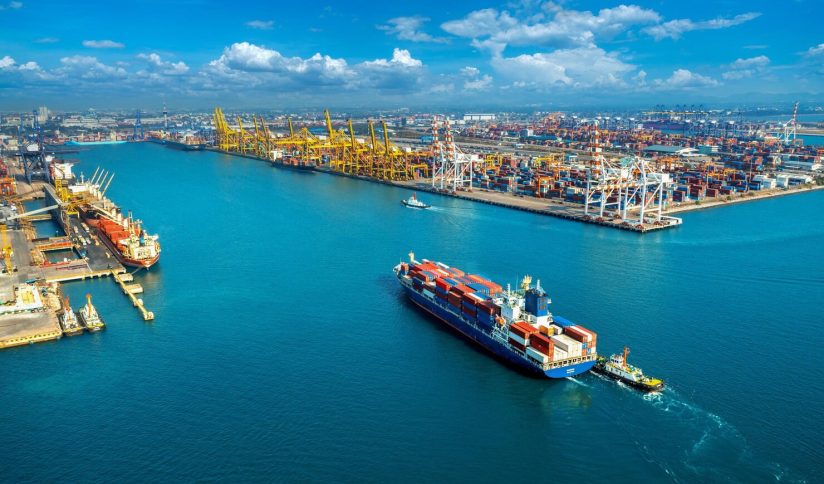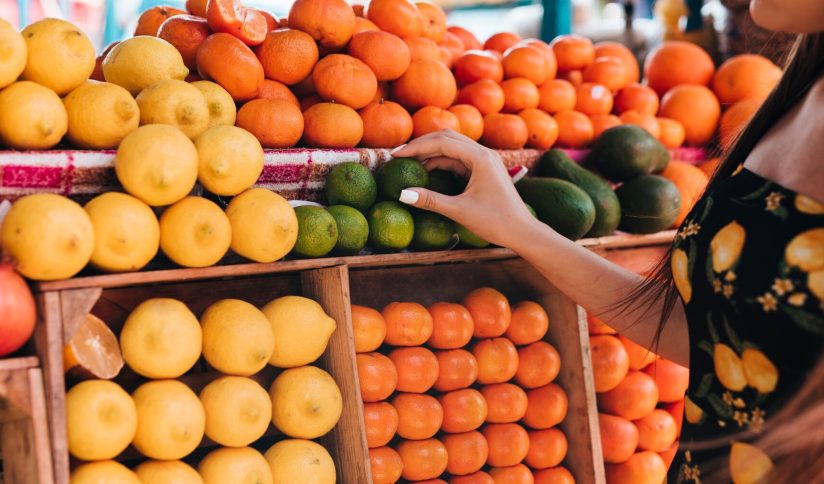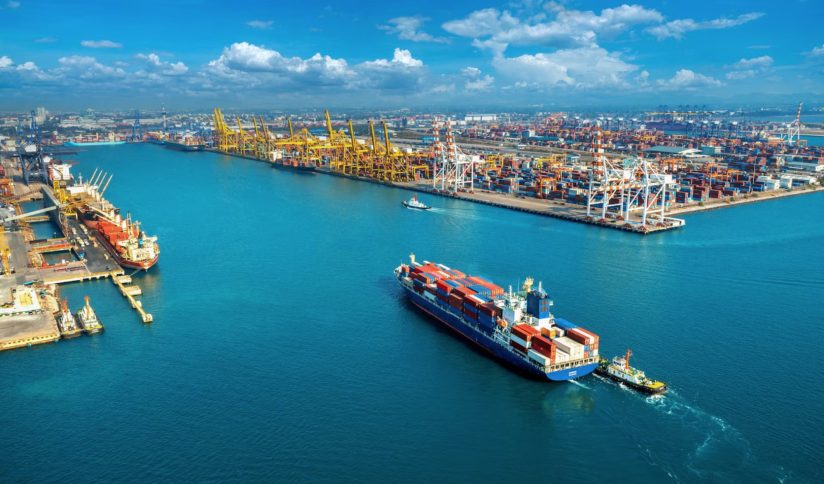Importing alcoholic beverages
June 13, 2023 | 2793 views
The main law concerning alcoholic beverages in Thailand is the “Excise Act B.E. 2493” which covers all types of alcoholic beverages in the kingdom, including importation, production, distribution, and exportation. There are two main government agencies involved in importing alcoholic beverages from foreign countries: the Excise Department, responsible for alcohol taxation regulations, and the Customs Department, responsible for import regulations.
Here are the basic steps and important points to know about importing alcoholic beverages:
- Contact the Excise Department to:
- Apply for permission to import alcoholic beverages into the kingdom, which requires:
- Proof of being authorized to sell Type 1 alcoholic beverages.
- Copies of product listings and prices.
- Samples of bottle labels.
- Apply for permission to import alcoholic beverages into the kingdom, which requires:
- Apply for permission to use packaging labels.
- Apply for permission to bring excise stamps to affix them at the foreign distillery.
- Apply for permission to purchase excise stamps to affix them at the customs checkpoint.
- Obtain an import permit for the alcoholic beverages.
- Contact the Customs Department to:
- Register as a customs clearance entity (Paperless).
- Complete the customs import procedures.
- Submit tax payment to the Customs Department, including import duties, by providing supporting documents to the local Excise Office for verification. This includes filling out a declaration form for closing the excise stamp on the imported alcoholic beverages. Once the excise officer verifies the accuracy, the designated Excise Office will issue the stamps for the importer to affix under the supervision of customs officials.
- Important points to note when importing alcoholic beverages:
- Must have a taxpayer identification number.
- Must register for value-added tax (VAT) if the annual sales of alcoholic beverages exceed 1.8 million baht.
- Must import through designated customs checkpoints.
- Must register for Paperless clearance.
- Must follow the import procedures.
- Must affix and destroy excise stamps.
- Must prepare a purchase tax report.
- Must submit a VAT return.
Source: Tax Clinic, Ministry of Finance.
For more information : visit here
Was this article helpful?
YesNo





